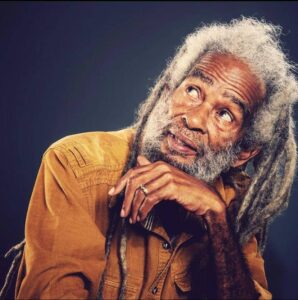
To ensure Jamaica wins at the next elections
We note the comment by co-chairman of the Economic Programme Oversight Committee (EPOC) Mr Richard Byles that, with parliamentary elections just two years away, the country should be on guard against political irresponsibility, which could lead to economic downfall.
Says he: “One of the two political parties is going to win power and have authority over this country and our direction for the next five years. The question is, ‘Will Jamaica win regardless of which one of them has power’?”
He went on to urge Jamaicans to send the message to their political leaders that irresponsibility would not be tolerated as the country seeks to reform its debt-ridden, dysfunctional economy with the help of the International Monetary Fund’s prescriptions.
Mr Byles’ concern is, of course, rooted in history.
Jamaicans of his generation will have seen — more than once, unfortunately — instability flowing from Jamaica’s political divide adversely affecting the economy.
And yet, it is clear that, in political terms, Jamaica is a far more mature place than it was three decades ago. Certainly, in 2007, and again in late 2011, changes in administration have occurred with minimal damage to that prized principle of continuity.
If we are to take them at their word, both parties are committed to the economic restructuring now underway. Furthermore, we believe, Opposition Leader Mr Andrew Holness and his Jamaica Labour Party (JLP) are to be commended for their constructive approach to the critique of Government policies and programmes.
That tone of restraint and moderation will hopefully also underline the wage negotiations between Government and the public sector unions ahead of the new budget year.
Obviously, public sector unions are in a tight situation. Chafing from the wage freeze in place since 2009, many government workers will be expecting palpable improvement in their wages and salaries.
However, as head of the Jamaica Civil Service Association (JCSA) O’Neil Grant told civil servants in Santa Cruz last month, IMF “conditionalities” simply do not allow for large cash increases.
Government workers will have to bear in mind that there is no way around the IMF stipulation that their salaries and wages must not exceed nine per cent of gross domestic product.
Constructive and creative ways will have to be found to ensure that, even without significant cash upfront, government workers still get a sense they are being cared for.
Of crucial importance also, is the Government’s commitment to protecting the most vulnerable, even as it stays steadfast to expenditure frugality and discipline.
For, as Finance Minister Peter Phillips has suggested, Jamaica cannot afford feelings of “exclusion and/or marginalisation” becoming so “preponderant” among sections of the population, as to lead to social instability.
Obviously, economic growth and job creation will also be absolutely critical to maintaining stability.
The simple truth, though, is that Jamaicans will have to continue to make sacrifices and remain very disciplined and focused while on this difficult journey towards a sustainable, self-sufficient economy and society.























